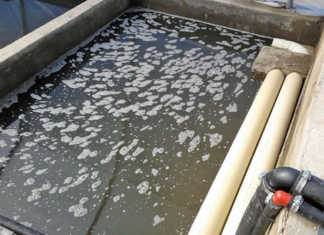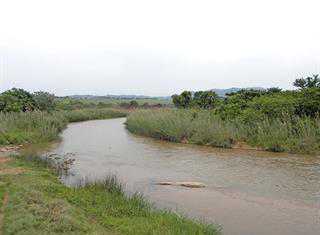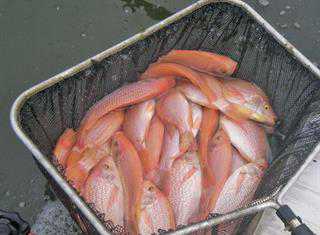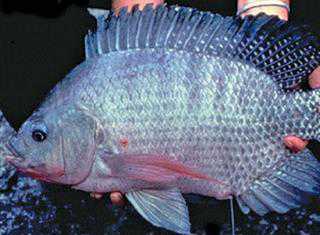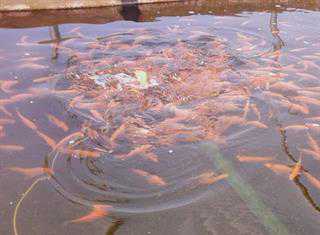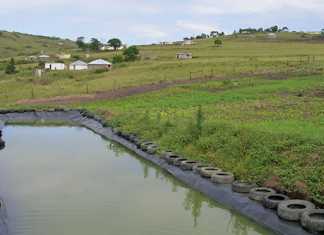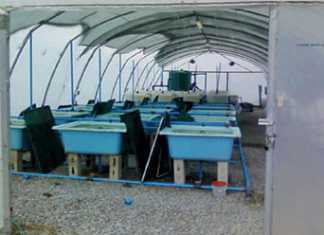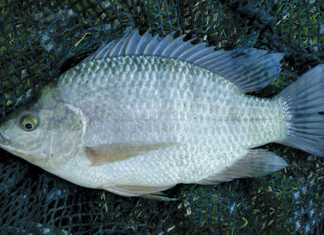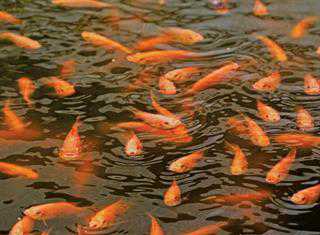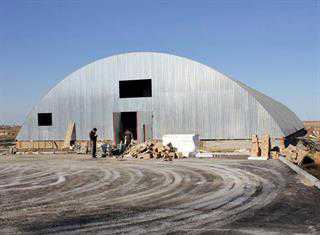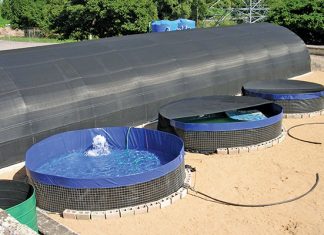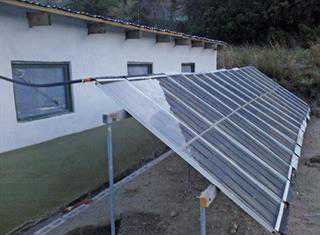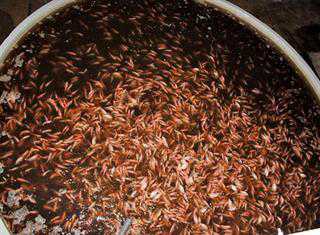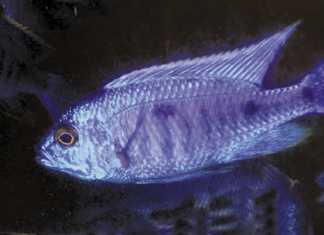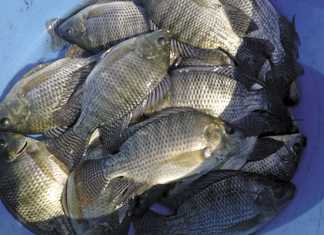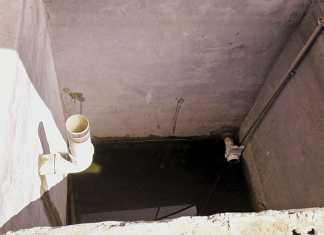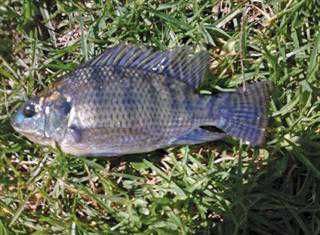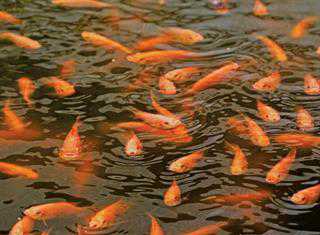A better way to do aquaponics
The traditional aquaponics single-unit system disadvantages the fish, the plants or both. Now might be the right time to rethink the design.
Aquaculture and conservation
Government’s draconian treatment of the aquaculture industry is hypocritical – what is it actually doing to conserve our endemic tilapia species?
Environmental discrimination in Aquaculture
The refusal by authorities to issue permits in parts of SA for the red Mozambique tilapia based purely on its skin colour is like a bizarre form of environmental segregation. It is unscientific and unfair.
An enabling environment for aquaculture?
In contrast to any other agricultural sector, aquaculture is hobbled by a maze of conflicting national and provincial restrictions and barriers.
National aquaculture conference
Two themes emerged at the recent national aquaculture conference: the maze of regulations throttling SA aquaculture development, and the relative absence of large-scale commercial fish farms.
How to start your own aquaculture business – Part 3
Before embarking on a project, have a practical and sensible understanding of the funds and skills available to you. Do your research before identifying partners, mentors and an appropriate system.
How to start your own aquaculture business – part 2
In this second instalment of our series on launching an aquaculture business, we look at what steps to follow once a beginner has secured a basic knowledge of fish biology and system design.
How to start your own aquaculture business -part 1
In this new series, Nicholas James will provide prospective tilapia farmers with a step-by-step guide on how to launch and run a successful aquaculture business in South Africa. We begin with the basics.
Tangled in a net of legislation
While government proclaims its commitment to a sustainable aquaculture industry, it simultaneously chokes the growth of the industry through a lengthy and complex legislation process.
Answers to your aquaculture questions
Certain questions come up repeatedly from people eager to become involved in warm-water aquaculture in Southern Africa. This seems the right platform to raise and answer a few of these.
Managing water temperature in winter
The high altitude in parts of Southern Africa can play havoc with temperature control on the sub-continent’s tilapia farms. There are, however, measures that can be implemented to counter this.
Solar energy for aquaculture
Currently, relying on Eskom electricity for either business or pleasure, is a dangerous path to tread. Fish-rearing systems are no exception.
The limits of stocking rates for aquaculture
In South Africa, open ponds for aquaculture are impractical due to our cool winters. And with the country’s electricity crisis, one can ill afford to adopt an indoor system that does not yield good results.
A passion for fish farming
Aquaculture is a demanding career that requires perseverance and an abiding interest in fish. Unless you have the ‘fish bug’, rather consider running a fish-and-chip shop.
Farming with ornamental fish
You don’t need an expensive system to produce top-quality ornamentals that can compete with fish from the Far East and elsewhere.
Aquaculture: when a plan comes together
There is incontrovertible proof that aquaculture can flourish in Southern Africa. The secret to success lies in appropriate scale and top-class feed.
SA aquaculture comes of age
Late to the game, South African fish farms are beginning to offer tasty, well-presented products that are attracting more and more consumers.
Simple, proven technology for fish farming
There is much to be said for the reliability of proven filter designs, as opposed to newer ones where reliance on fragile, complicated technology could result in toxic water with dead or sick fish.
Know your tilapia species
There are many factors to consider when selecting a tilapia species. Here, in a nutshell, are the main advantages and disadvantages of each one.
Farmed tilapia are safe to eat
Commercially farmed tilapia are all male, due to minute quantities of a hormone they are given early on in their lives, but they are perfectly safe to eat!
- ADVERTISEMENT -
MUST READS
- ADVERTISEMENT -
- ADVERTISEMENT -

